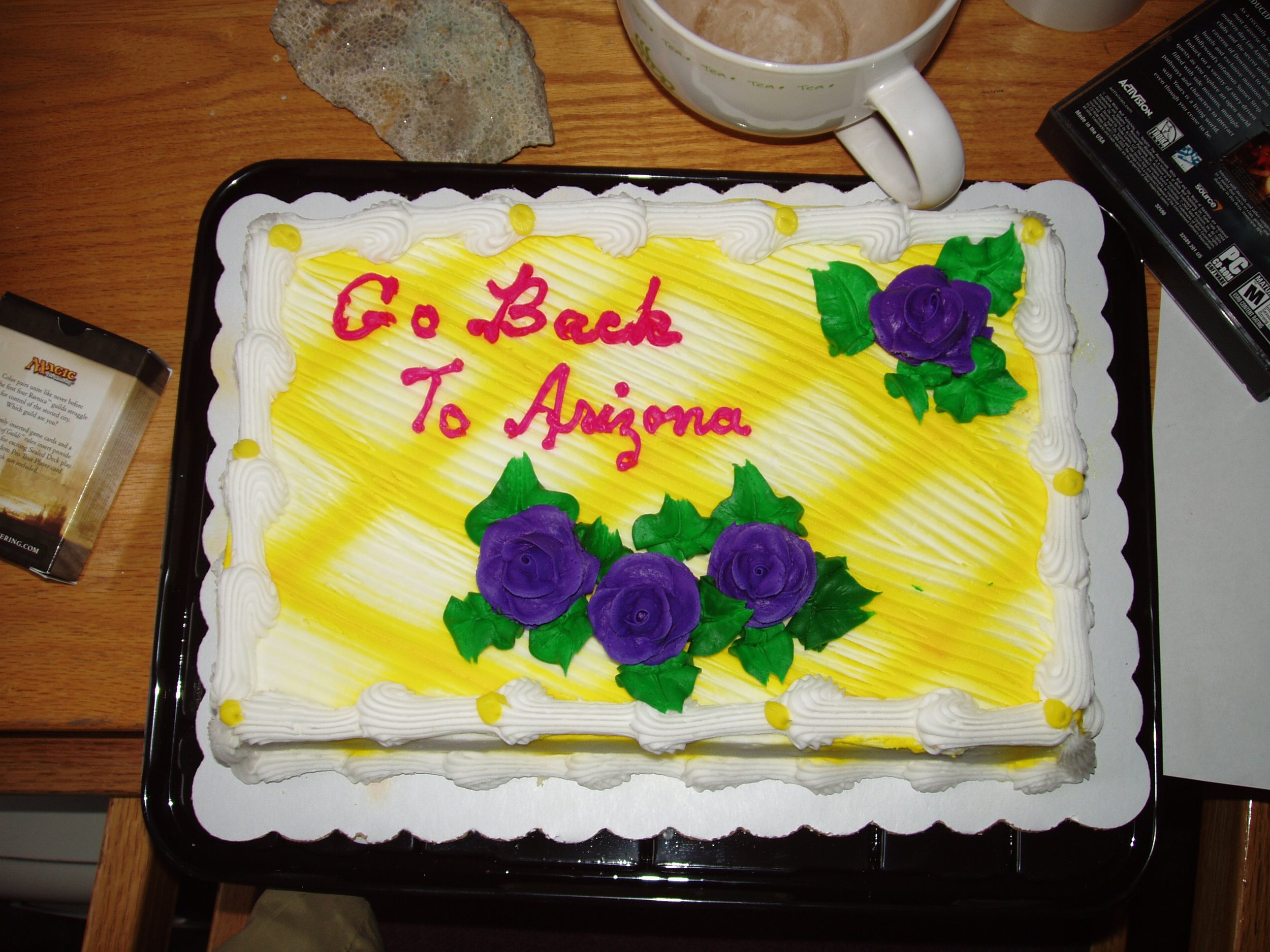Podcast 231 - Disappointing Birthday
/The gang celebrates their 9th podcast birthday with a discussion on evolutionary rates. The first paper looks at how rates of body size evolution vary across lepidosaur lineages, and the second paper looks at how biotic and abiotic factors control freshwater gastropod diversification. Meanwhile, James finds a murder basement, Amanda has a unique diet, and Curt remembers.
Up-Goer Five (Curt Edition):
Our friends talk about two papers that look at how and why animals change over time, and how those changes can be fast or slow and what makes those changes fast or slow. The first paper looks at how a group of animals with four legs who are cold and looks to see if the way they get big or small changes over time. Some groups of these animals have a lot of change in how big they are really early on, but there is another group that does really well that has a very slow change in how big they get over time. There is one point where this is not the case, and that is when a group of these animals that usually get big slowly moves into the water. These animals in the water get big very quickly.
The second paper looks at animals who make a home for themselves out of hard stuff and live in water you can drink and how the world around them and also the other animals can change how many new animals appear over time. The paper finds that lots of things control how many new animals appear, but some things that are always important are the number of other animals of this type and also how different the ground is. This paper even looks at how water can move over the ground in the past to figure out how the places where these animals would live change over time.
References:
Neubauer, Thomas A., et al. "Drivers of diversification in freshwater gastropods vary over deep time." Proceedings of the Royal Society B 289.1968 (2022): 20212057.
Herrera‐Flores, Jorge A., et al. "Slow and fast evolutionary rates in the history of lepidosaurs." Palaeontology (2021).



